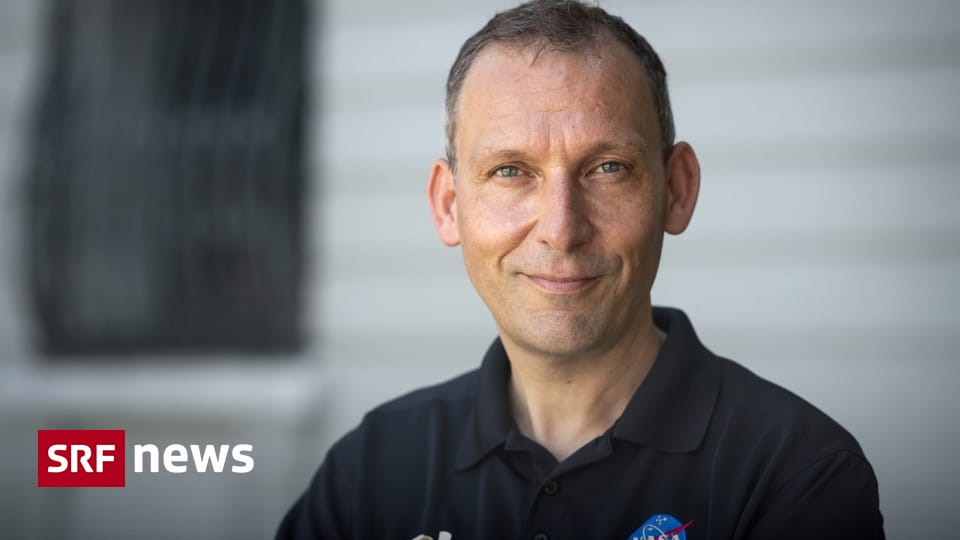Myths and conspiracy theories surround UFOs. NASA now wants to shine a light on the darkness and begin a study. This is after last year US Department of Defense report It collected more than 140 events with unidentified objects in the sky, but in the end it did not bring out anything decisive. Thomas Zurbuchen, NASA’s Director of Science, explains why this scientifically controversial field of research was chosen.
SRF News: Why is NASA starting a study on UFOs?
Thomas Zurbuchen: There are really interesting observations from the military side. It’s not just triangles or fuzzy plates. Signatures are broader than just an image. In addition, interest in this data is growing all over the world. There is no better time to conduct such a study.
Hundreds of satellites are watching our Earth and every night we look at the starry sky. Let’s take our time to see where these things are. It’s not just about things now referred to as unidentified flying objects, but quite simply things we don’t understand.
There are natural phenomena that we do not yet understand. If we study this field, we will learn a lot about nature.
What is known about UFOs so far?
There are many reasons why we cannot match certain objects. This illustrates a story that happened ten or fifteen years ago. At that time, luminous clouds were observed and many people were convinced that they were UFOs. In the meantime, we know there are physical causes of nighttime clouds. There are natural phenomena that we do not yet understand. If we study this field, we will learn a lot about nature.
Unidentified flying objects are also social noise. Are you still doing serious science?
Serious science has a question. Our research is in the public domain and is promoted by the right means. We use the same tools we need to monitor night clouds or forecast the weather. We will definitely stay in the realm of science. But the fact of the matter is that we apply the whole thing to a question that may seem silly to many.
It is so important that we as scientists have the courage and the need to tackle all questions as best we can – with the powerful tools of science. These have saved millions of lives in recent years because we have vaccines. Every day these tools save lives: we can predict whether a flood or a hurricane will occur. We use exactly the same tools here.
Doesn’t research raise faint hope for extraterrestrial life?
The universe we look up in the sky every night is much more powerful than we think. There are very few scientists who believe that we are on the only planet where there is life. For me, it’s not about whether, but when we face life. But as a scientist, I don’t know for sure if there is life elsewhere. If we can prove it, it would be one of NASA’s greatest research achievements. Through the James Webb Space Telescope or the Perseverance Rover on Mars, we pursue two main goals: We are looking for signs of life on other planets or for atmospheres that could support life.
The conversation was conducted by Sandro Della Torre.

“Alcohol buff. Troublemaker. Introvert. Student. Social media lover. Web ninja. Bacon fan. Reader.”







More Stories
Science: The use of artificial intelligence is changing the way hospitals operate
Simple recipe: sweet cream cheese slices from the tray
This is how our brain chooses what information it will remember in the long term